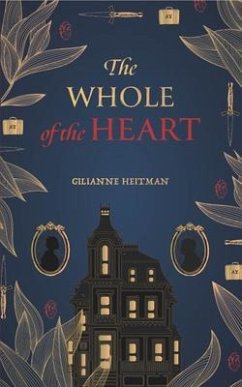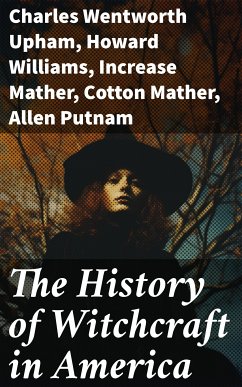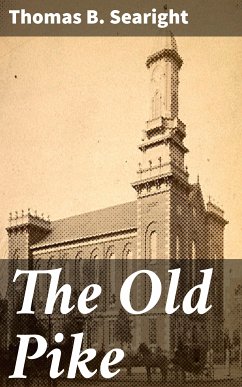
The Whole History of Grandfather's Chair (eBook, ePUB)
Or, True Stories from New England History, 1620-1808

PAYBACK Punkte
0 °P sammeln!
In "The Whole History of Grandfather's Chair," Nathaniel Hawthorne crafts a richly layered narrative that intertwines personal history with the broader tapestry of American experience. Through the lens of a sentimental piece of furniture, Hawthorne explores themes of memory, legacy, and the passage of time, employing a blend of whimsical storytelling and historical analysis. The book'Äôs literary style is characterized by its evocative imagery and moral undertones, situating it within the early American Romantic movement, where personal reflection meets a keen consciousness of national ident...
In "The Whole History of Grandfather's Chair," Nathaniel Hawthorne crafts a richly layered narrative that intertwines personal history with the broader tapestry of American experience. Through the lens of a sentimental piece of furniture, Hawthorne explores themes of memory, legacy, and the passage of time, employing a blend of whimsical storytelling and historical analysis. The book'Äôs literary style is characterized by its evocative imagery and moral undertones, situating it within the early American Romantic movement, where personal reflection meets a keen consciousness of national identity. Hawthorne, an accomplished American novelist and short story writer, lived during a period rife with social and political upheaval, which deeply influenced his literary pursuits. His background as the descendant of Puritan settlers imbued him with a unique perspective on the American past, driving him to reconcile his identity with that of a nation grappling with its historical narrative. "Grandfather's Chair" emerges from this crucible of personal and collective exploration, echoing Hawthorne's fascination with the complexities of human nature and moral philosophy. I highly recommend "The Whole History of Grandfather's Chair" to readers who seek a profound understanding of the interplay between personal and historical narratives. This work not only serves as an engaging tale but also prompts reflection on the evolution of American identity and values, making it a significant contribution to American literature.
Dieser Download kann aus rechtlichen Gründen nur mit Rechnungsadresse in A, B, BG, CY, CZ, D, DK, EW, E, FIN, F, GR, H, IRL, I, LT, L, LR, M, NL, PL, P, R, S, SLO, SK ausgeliefert werden.













